Architect-led Pacific Garbage Screening project launches first tests
Architect Marcella Hansch's Pacific Garbage Screening project announces first waste collecting boat tests in a river in Slovakia, in preparation for its launch of a specially designed platform system to reduce plastic contamination in waters
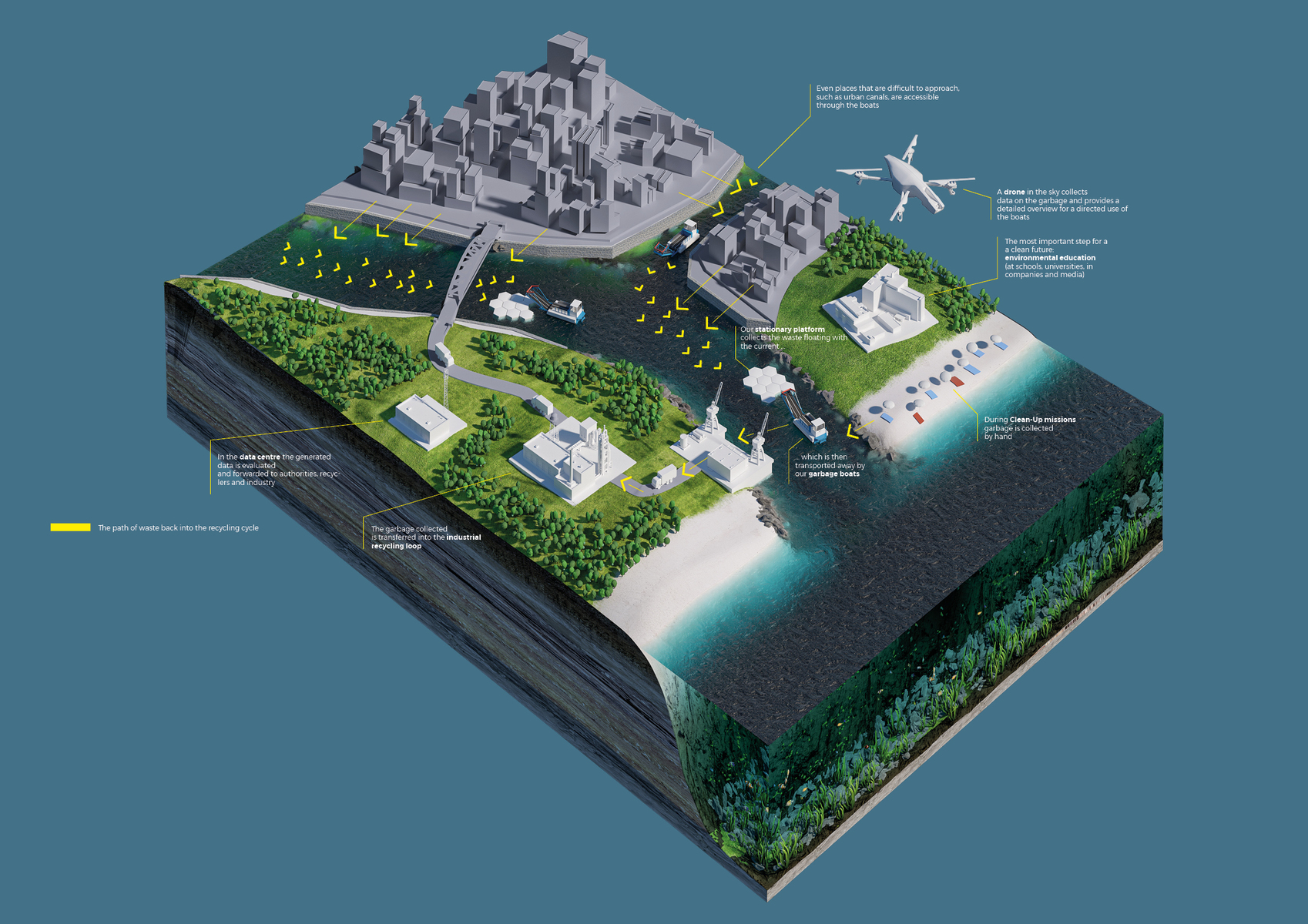
When Marcella Hansch launched the Pacific Garbage Screening project in 2017, we knew the German architect was on to something. Following a dive, Hansch was shocked to discover copious amounts of plastic waste instead of fish in the sea, so she decided to team up with an interdisciplinary team of natural scientists, engineers and marine biologists to develop a way to remove plastic waste from the water.
Supported by sanitary fittings manufacturer GROHE, the team worked on a system to reduce plastic pollution, centred around a specially designed floating platform system, which will extract plastic particles from the water before they damage the delicate surrounding aquatic ecosystems.
‘Our vision is to join forces with a global network of partners to collaboratively solve the global plastic pollution crisis. We want to stop plastic entering our environment and support the transition from a linear economy towards a circular economy,' says the project's head of research and development, Dr. Tilman Flöhr. ‘We want to generate significant impact as well as added value in affected regions together with the local stakeholders. This is vital for the long-term success of our project. At the core stands the sense of responsibility for an intact environment and the understanding of its value for a healthy society.'
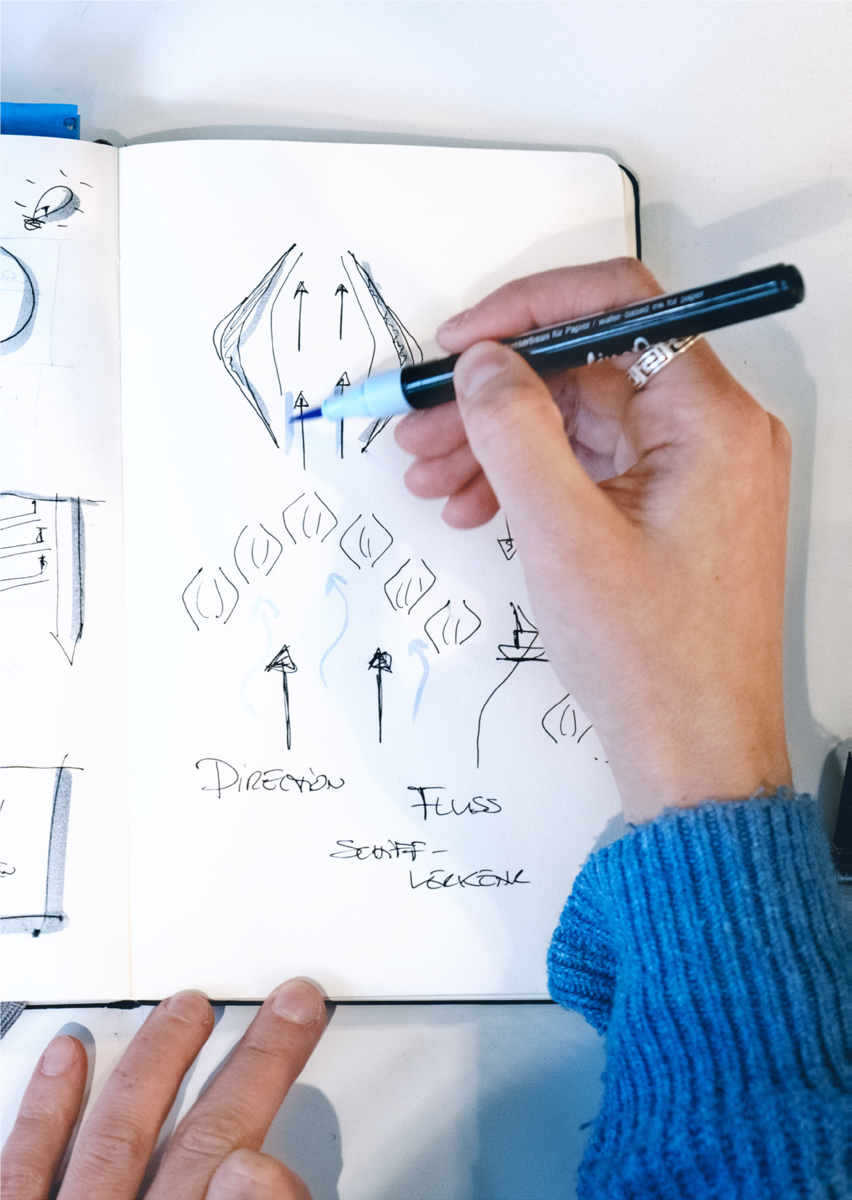
The pioneering programme promises an exciting future for sustainability and tackling the huge problem of plastics in the world's waters (highlighted by the recent global Plastic Free July initiative). It stems from Hansch's student masters' thesis, which the young architect later developed further and crowdfunded before founding the Germany-based, non-profit organisation for fighting plastic pollution.
Now, the team is supported by a number of organisations, such as RWTH Aachen University, the German Research Centre for Artificial Intelligence, Berky GmbH, Tomra as well as governmental organisations on regional, national and international level. ‘To our knowledge, our technological concept is unique so far,' explains Flöhr. ‘It pairs stationary and mobile cleanup technologies to recover plastic from rivers before it can enter our oceans, and in a next step, feed it back into the circular economy. The aim is to collect data along with the material to identify the responsible entry pathways and work with local stakeholders to close them.'
This month sees the launch of the first garbage filtering boat, CollectiX, which is being launched to start removing plastic from the waters of a Slovakian river. This will trial the system in order to bring the team closer to their goal.
The next step? ‘[It] will be to scale up our mobile boat technology and put it into service in various regions of the world, with focus on Africa and Southeast Asia,' says Flöhr. ‘The prototype of our stationary platform system is also scheduled for this year and we will follow up on possible recycling options.'
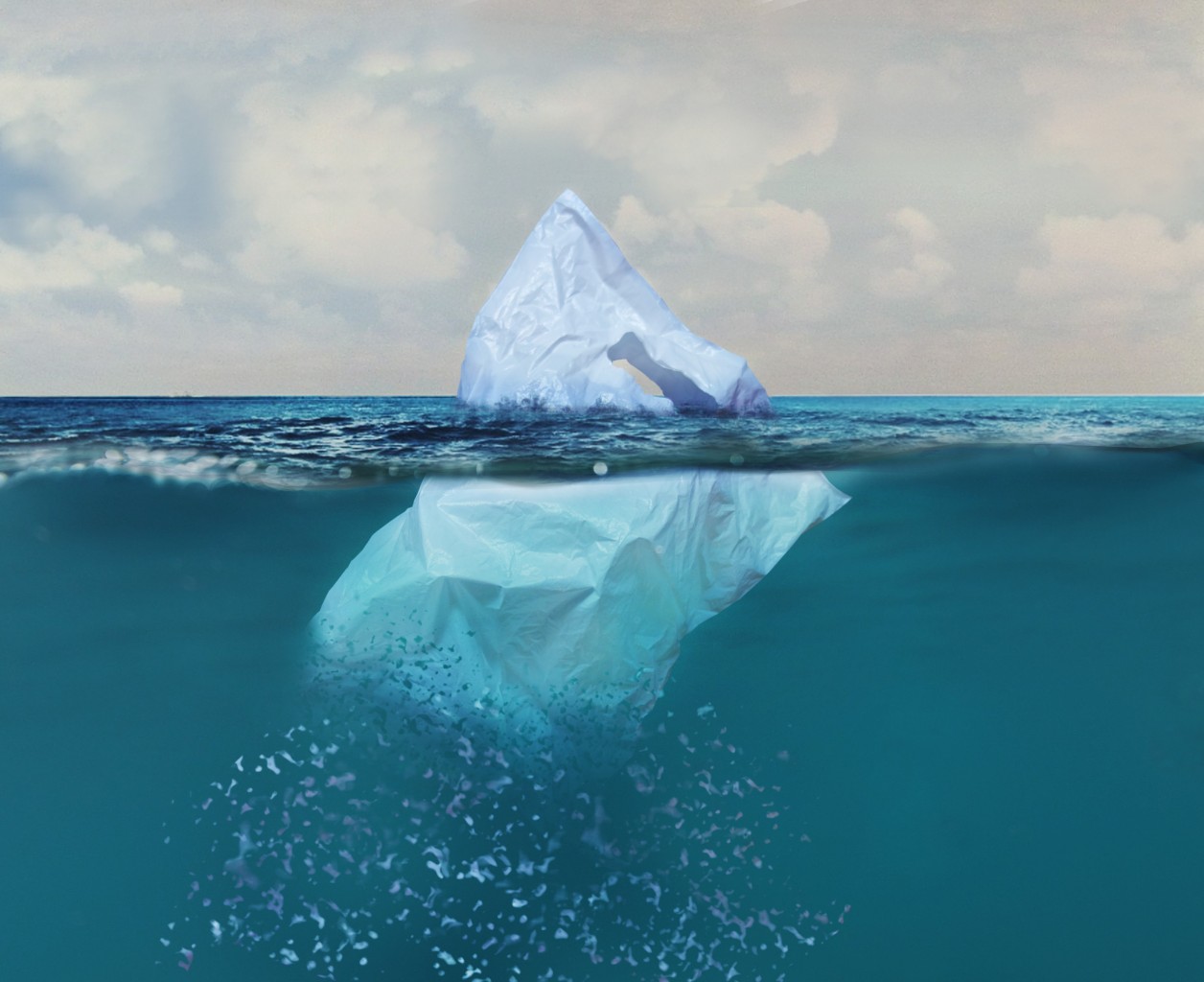
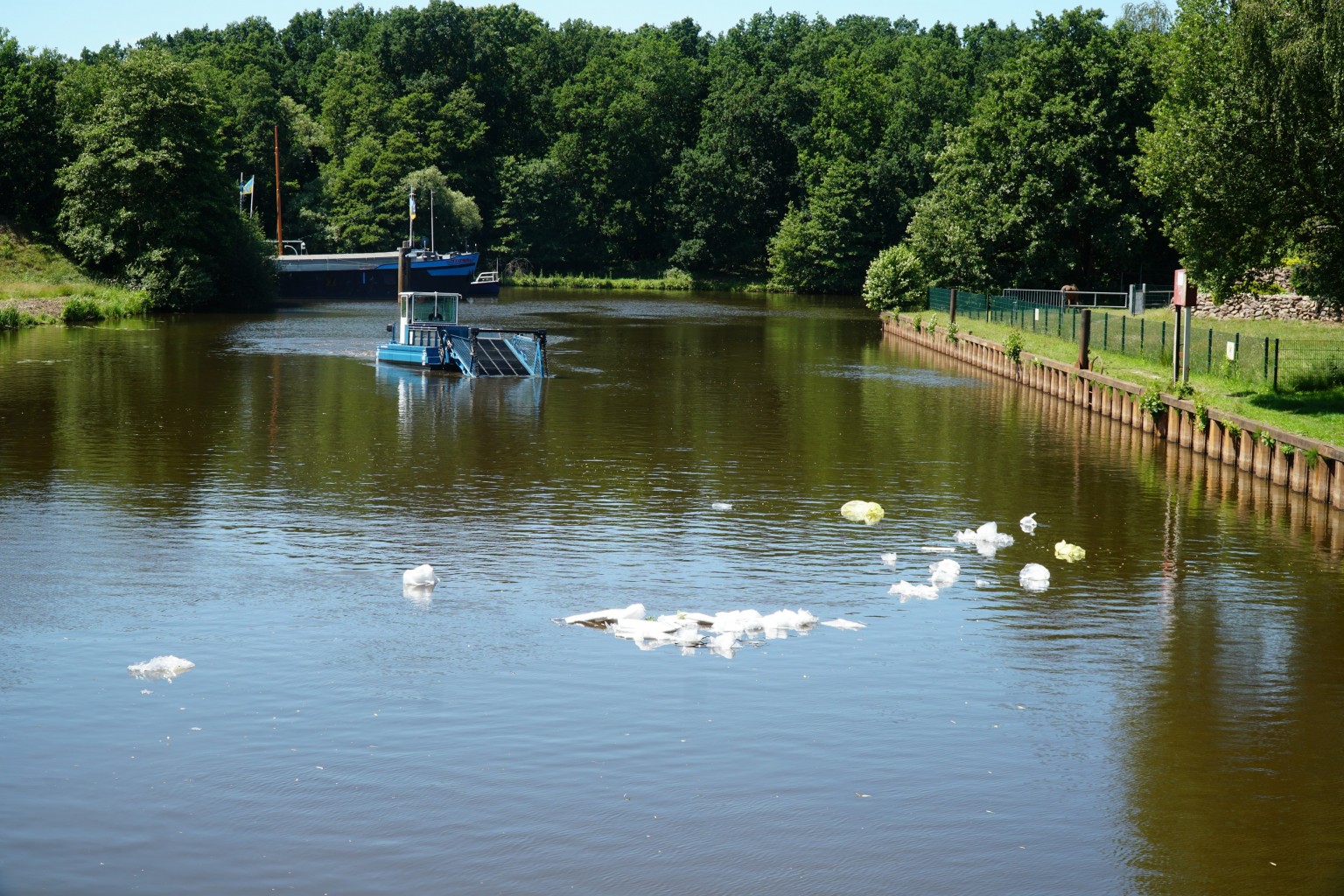
INFORMATION
Wallpaper* Newsletter
Receive our daily digest of inspiration, escapism and design stories from around the world direct to your inbox.
Ellie Stathaki is the Architecture & Environment Director at Wallpaper*. She trained as an architect at the Aristotle University of Thessaloniki in Greece and studied architectural history at the Bartlett in London. Now an established journalist, she has been a member of the Wallpaper* team since 2006, visiting buildings across the globe and interviewing leading architects such as Tadao Ando and Rem Koolhaas. Ellie has also taken part in judging panels, moderated events, curated shows and contributed in books, such as The Contemporary House (Thames & Hudson, 2018), Glenn Sestig Architecture Diary (2020) and House London (2022).
-
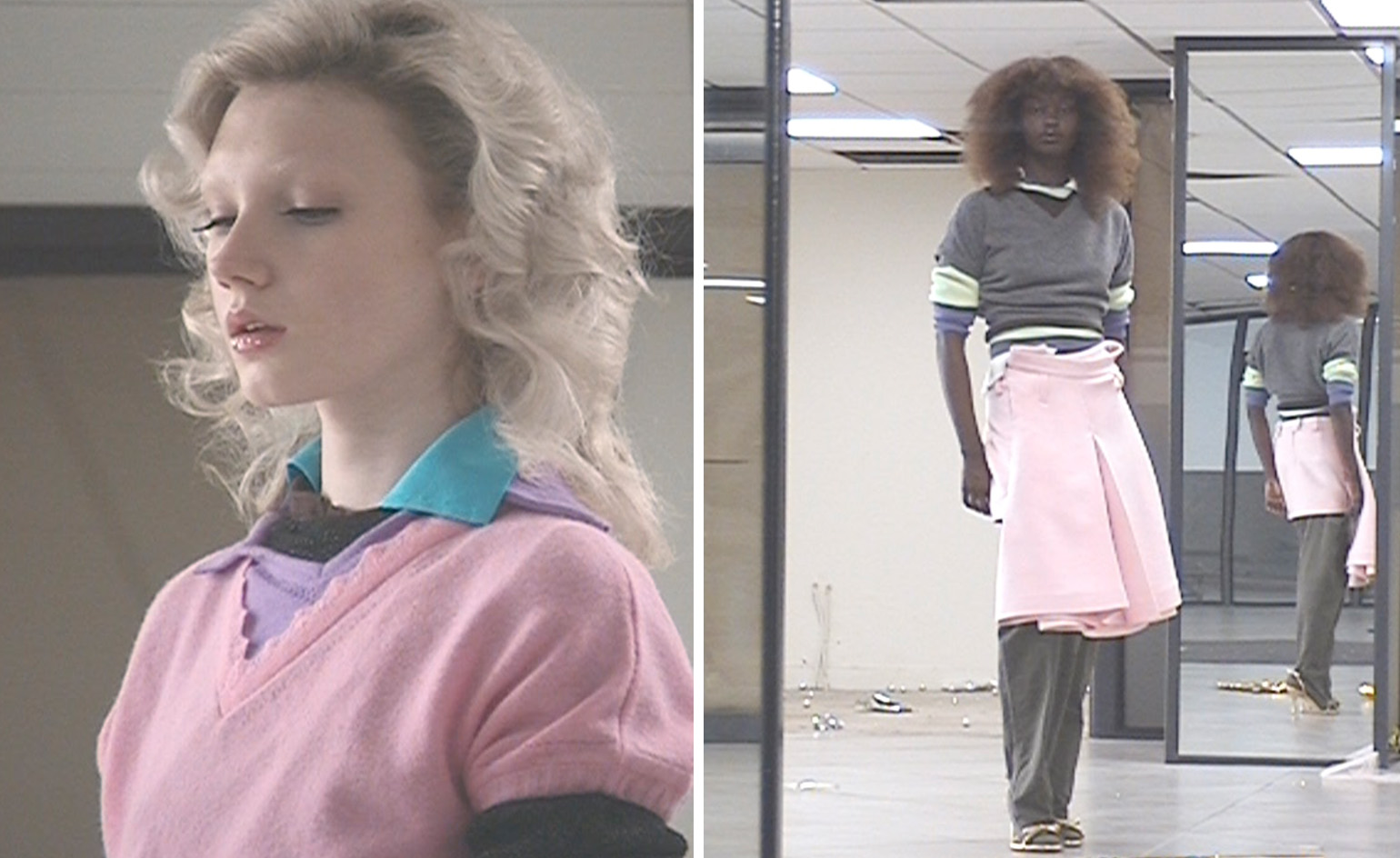 All-In is the Paris-based label making full-force fashion for main character dressing
All-In is the Paris-based label making full-force fashion for main character dressingPart of our monthly Uprising series, Wallpaper* meets Benjamin Barron and Bror August Vestbø of All-In, the LVMH Prize-nominated label which bases its collections on a riotous cast of characters – real and imagined
By Orla Brennan
-
 Maserati joins forces with Giorgetti for a turbo-charged relationship
Maserati joins forces with Giorgetti for a turbo-charged relationshipAnnouncing their marriage during Milan Design Week, the brands unveiled a collection, a car and a long term commitment
By Hugo Macdonald
-
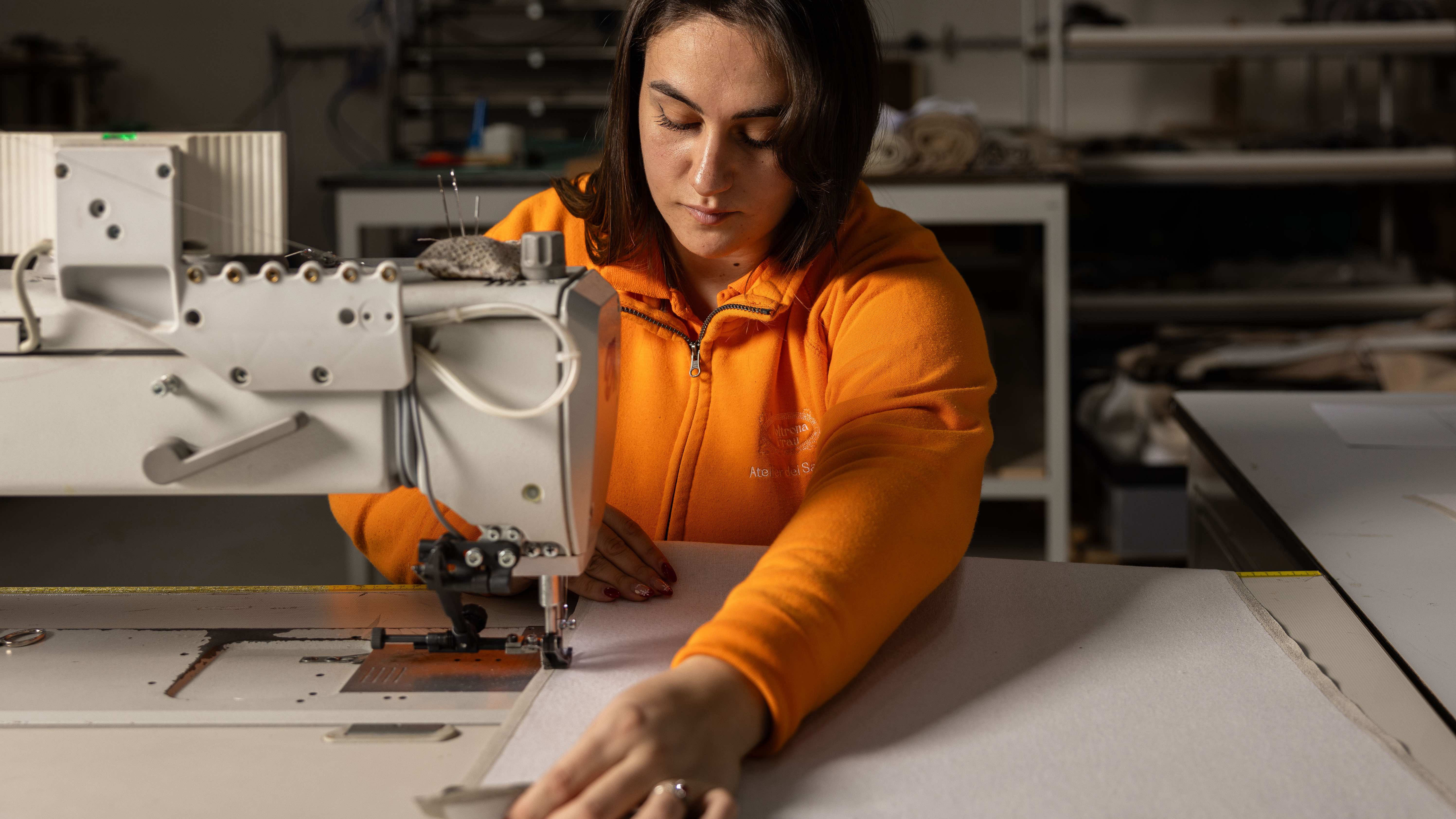 Through an innovative new training program, Poltrona Frau aims to safeguard Italian craft
Through an innovative new training program, Poltrona Frau aims to safeguard Italian craftThe heritage furniture manufacturer is training a new generation of leather artisans
By Cristina Kiran Piotti
-
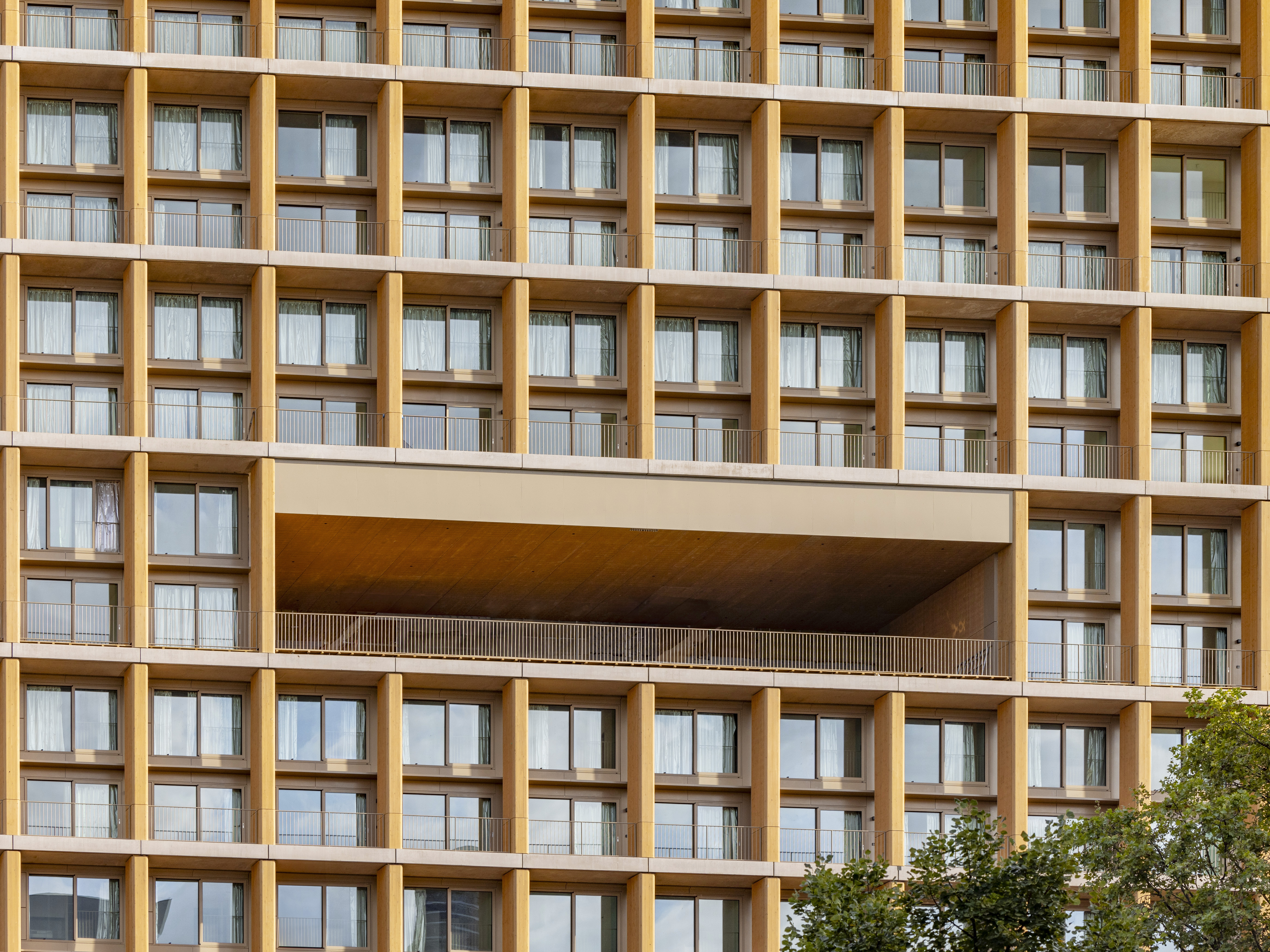 Explore wood architecture, Paris' new timber tower and how to make sustainable construction look ‘iconic’
Explore wood architecture, Paris' new timber tower and how to make sustainable construction look ‘iconic’A new timber tower brings wood architecture into sharp focus in Paris and highlights ways to craft buildings that are both sustainable and look great: we spoke to project architects LAN, and explore the genre through further examples
By Amy Serafin
-
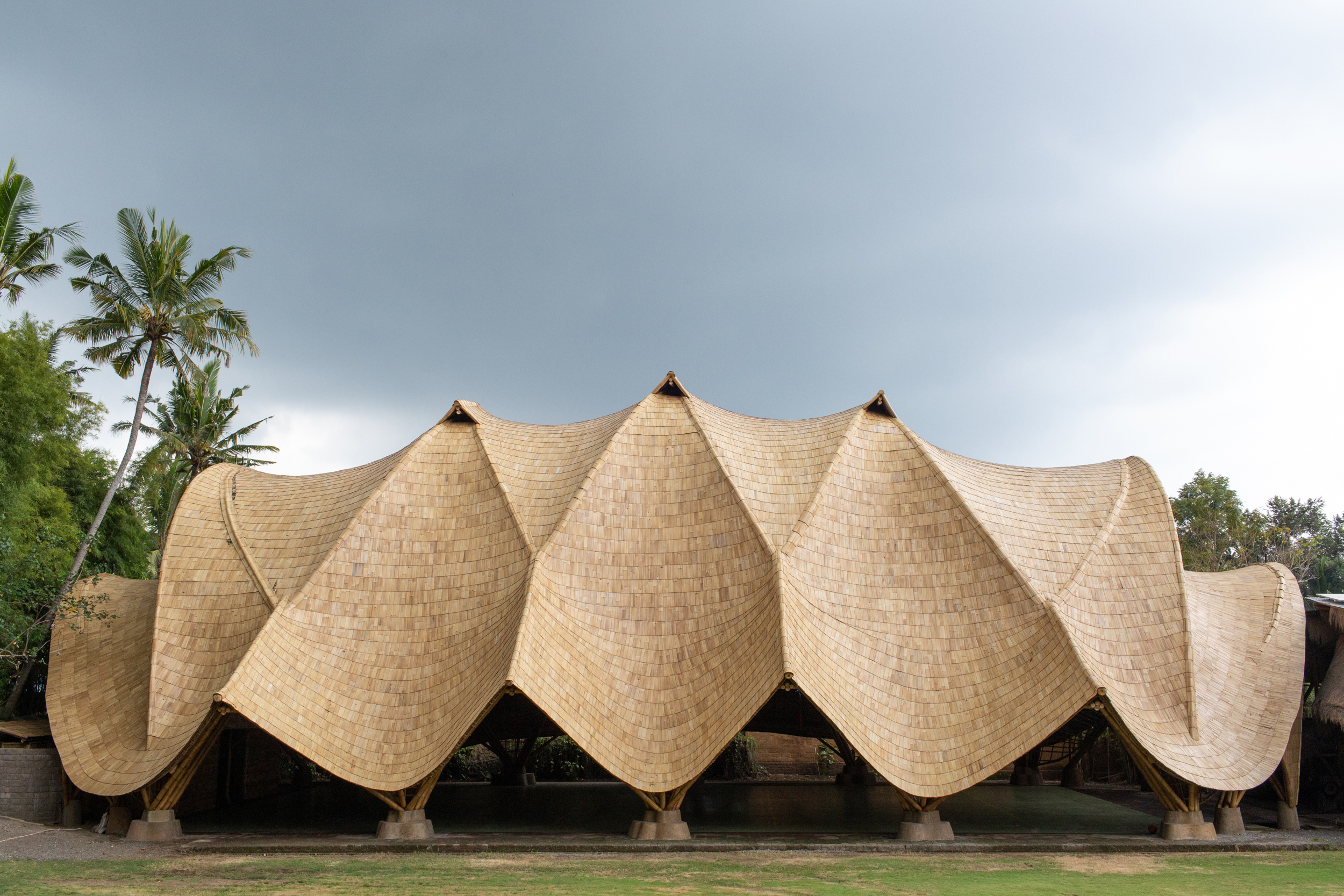 Building with bamboo: In Bali, designer, Elora Hardy, shares her tips and experience
Building with bamboo: In Bali, designer, Elora Hardy, shares her tips and experienceBamboo architecture can be powerful and sustainable; here, we talk to Ibuku's Elora Hardy, who shares her tips, thoughts and experience in working with the material in Bali
By Ellie Stathaki
-
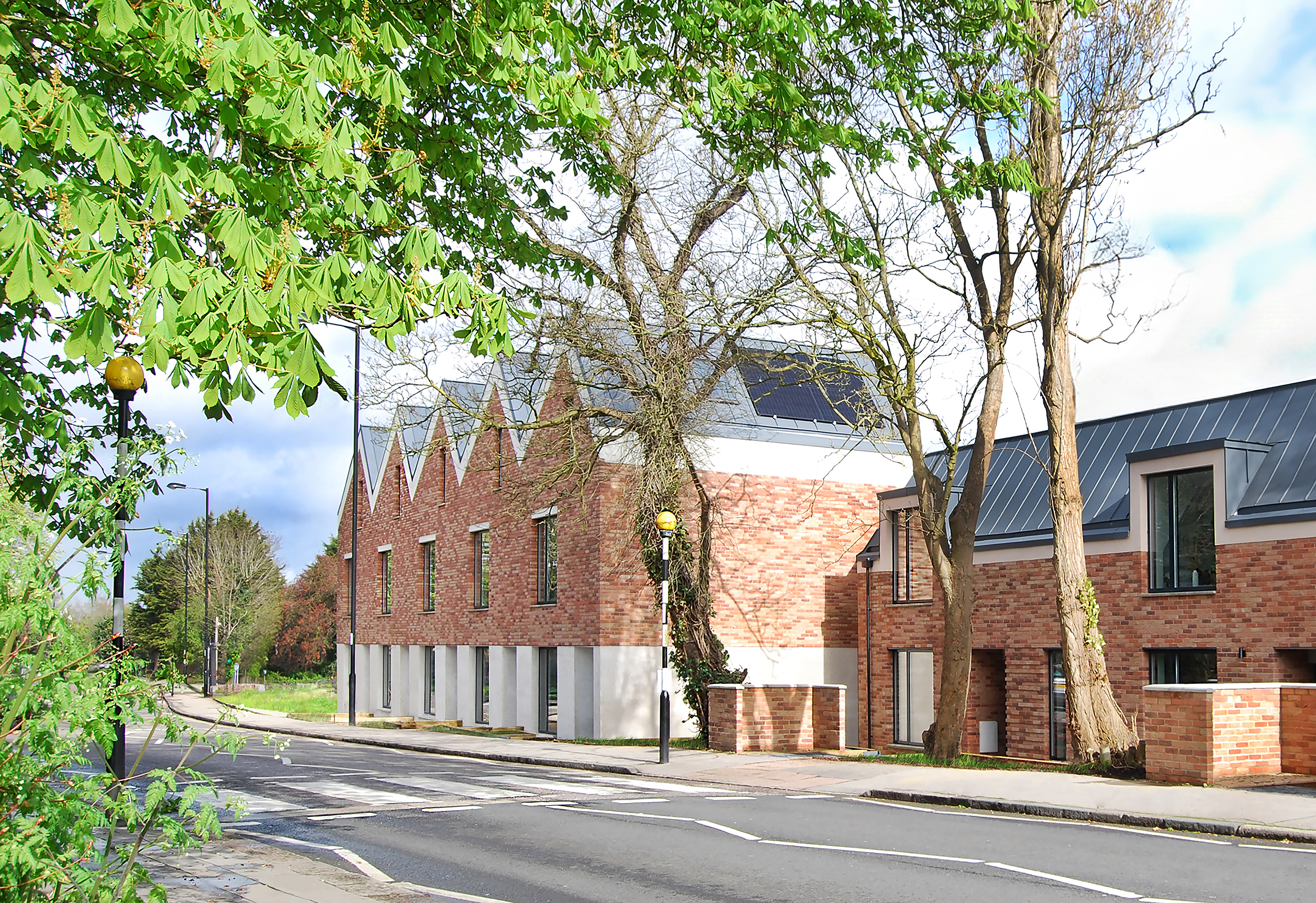 Hermitage Mews is a net-zero family of homes in London’s Crystal Palace
Hermitage Mews is a net-zero family of homes in London’s Crystal PalaceHermitage Mews by Gbolade Design Studio is a sustainable residential complex in south London's Crystal Palace, conceived to be green and contextual
By Ellie Stathaki
-
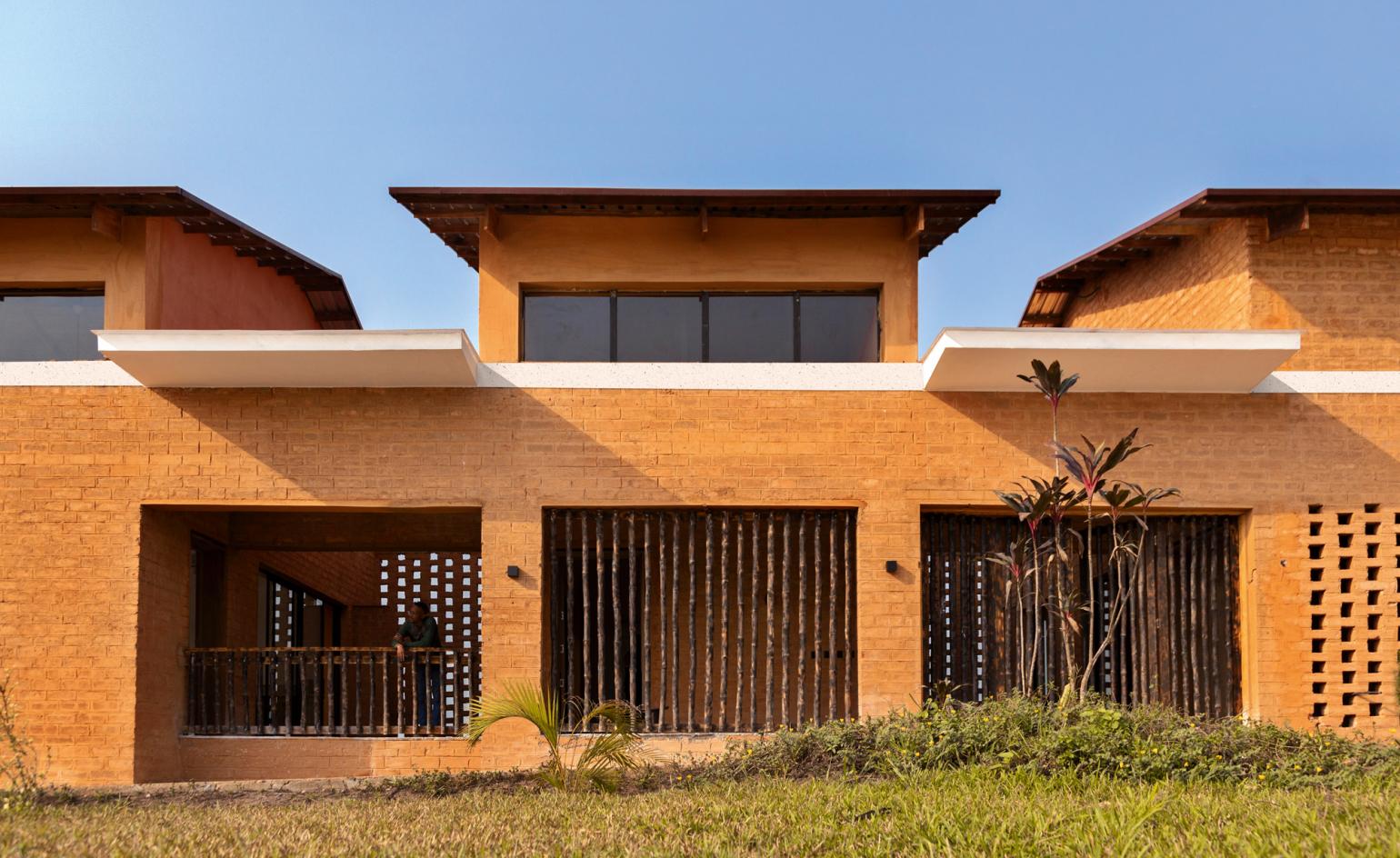 Sustainable architecture: 46 innovative and inspiring building designs
Sustainable architecture: 46 innovative and inspiring building designsThis is sustainable architecture at its best: from amazing abodes to centres of care and hard-working offices, these buildings not only look good but also do good
By Ellie Stathaki
-
 Slot House sets a high bar for sustainable architecture in Utah
Slot House sets a high bar for sustainable architecture in UtahSlot House, an energy-efficient mountain retreat in Utah, by local practice Klima Architecture, sets the bar high
By Eva Hagberg
-
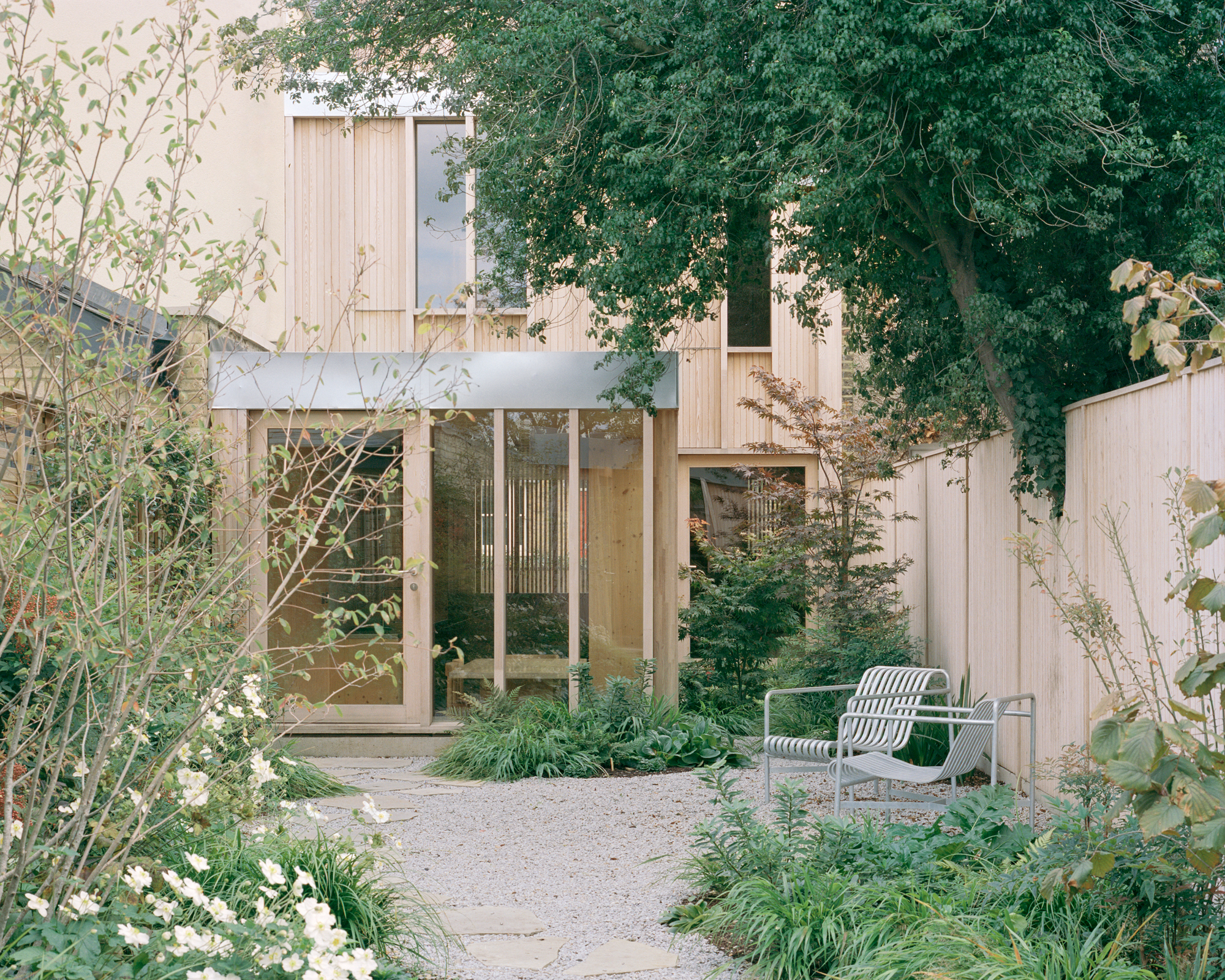 Spruce house offers a minimalist take on sustainable architecture
Spruce house offers a minimalist take on sustainable architectureSpruce House, London practice Ao-ft’s debut project, is a carefully crafted timber house that perfectly slots into its urban landscape
By Ellie Stathaki
-
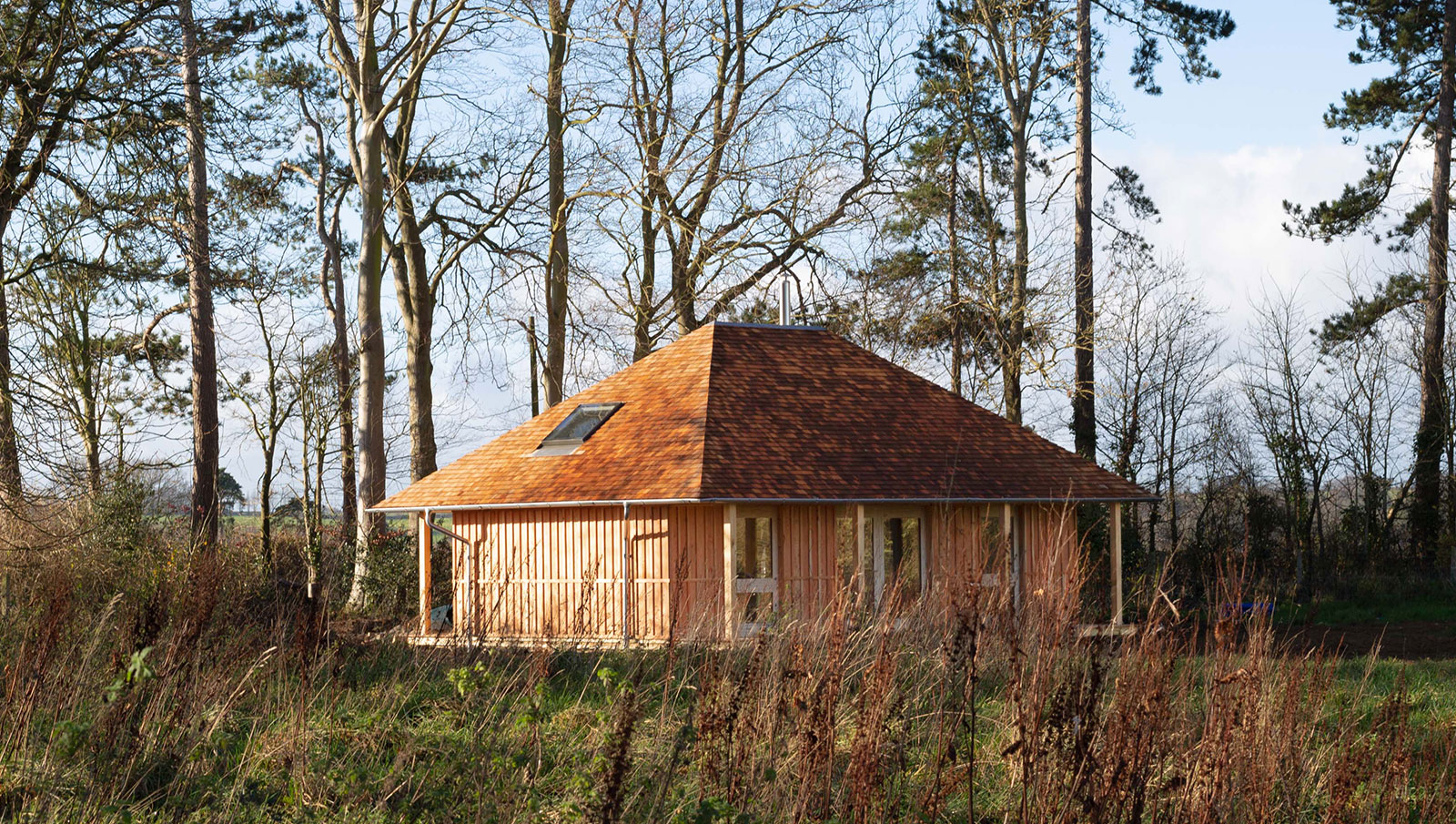 Material Cultures workshops support shift towards sustainable building practices
Material Cultures workshops support shift towards sustainable building practicesMaterial Cultures workshops explore new approaches to promote sustainability in the construction industry
By Ellie Stathaki
-
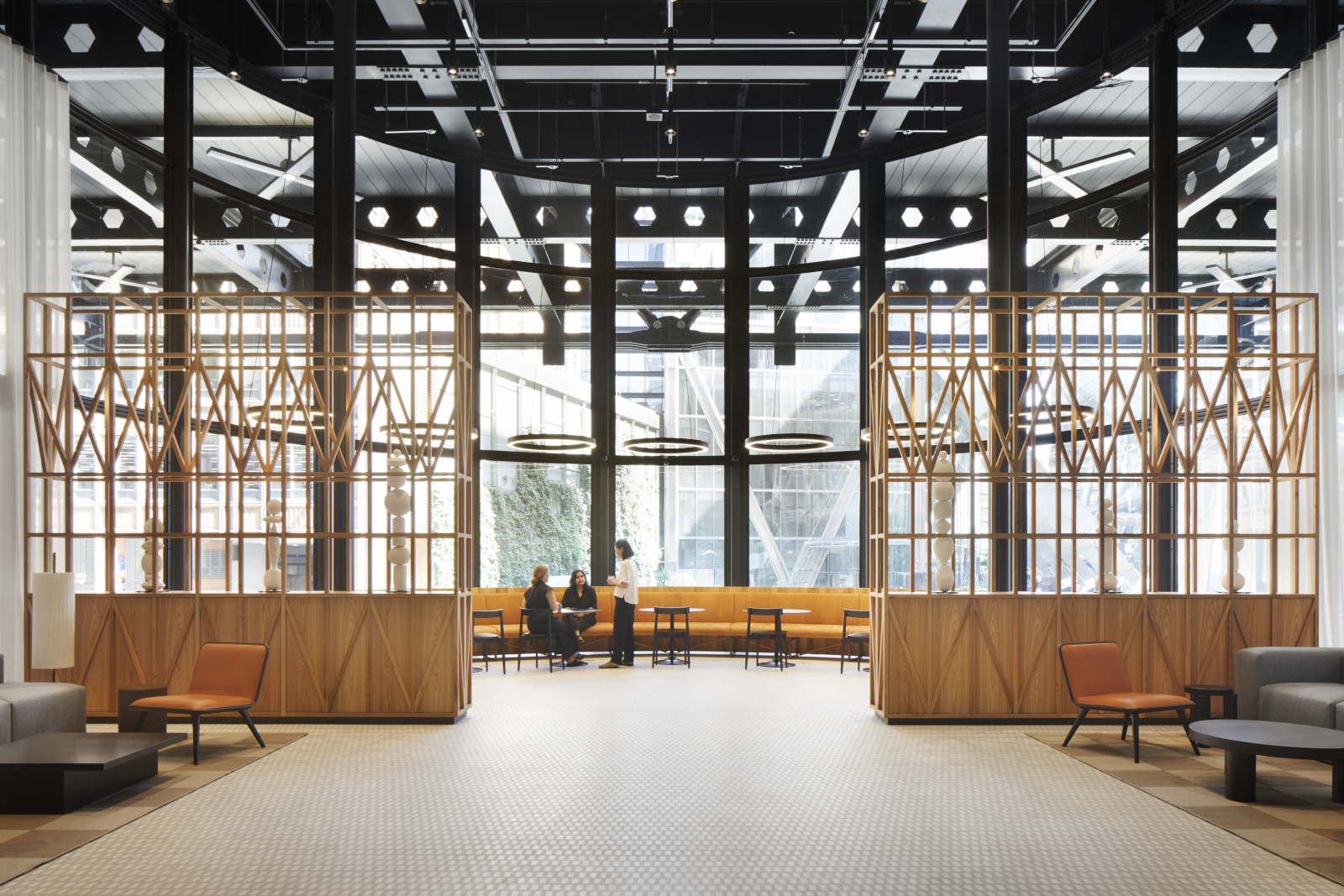 London's Exchange House gets a sustainable revamp
London's Exchange House gets a sustainable revampLondon's iconic Exchange House in Broadgate has been transformed for the 21st century by Piercy&Company
By Nana Ama Owusu-Ansah